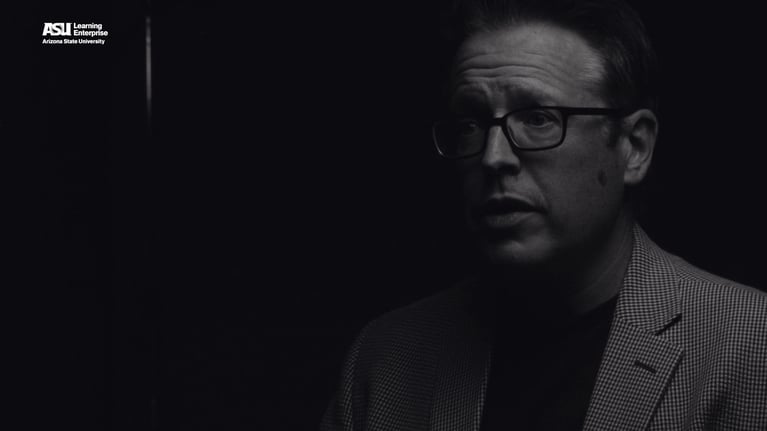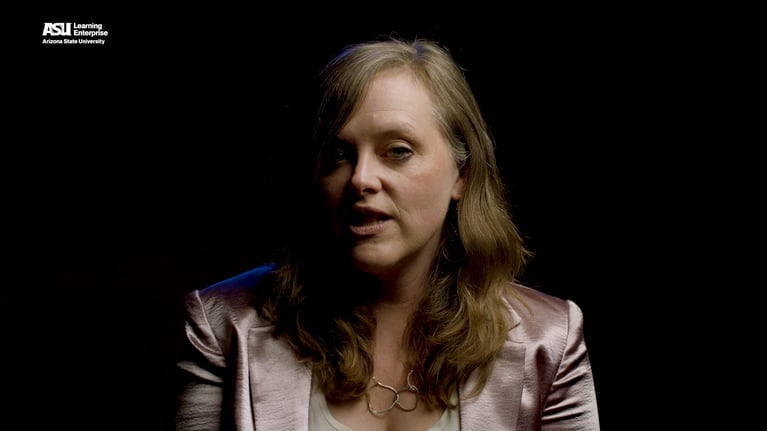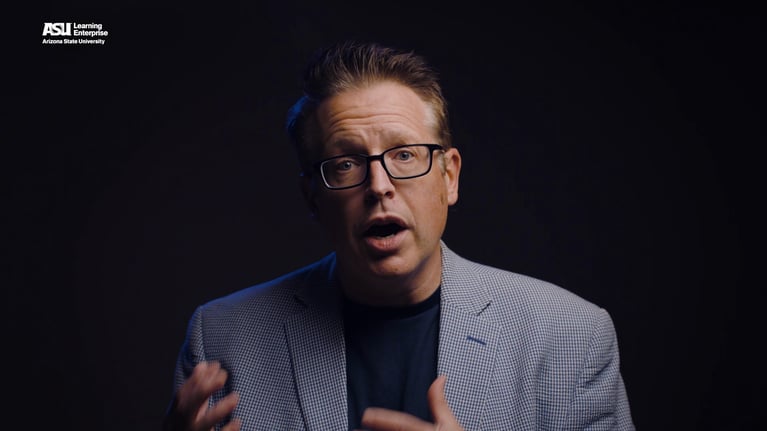Just having a great idea and creative abilities is not enough. You need creative confidence to take action and make creative contributions. Creative confidence stems from successful performance of our ideas and getting positive feedback from others. Both creative self-concept and creative self-efficacy are forms of creative confidence.
All people have the creative potential to think and act in new and meaningful ways. But potential alone is not sufficient for taking creative action and making a creative impact in the world.
Creative action and creative impact require knowing when and how to think and act creatively. Consequently, they require some level of domain knowledge and ability. But even if people have creative potential – which everyone does – and the knowledge and ability to think and act creatively….unless they also have confidence in their creativity it’s unlikely that they will take action and make a creative contribution..
Creative confidence therefore plays a central role in taking creative action.
What is creative confidence? It is a core identity belief in our abilities which helps determine whether and when we will take creative action. It grows through successful performance, watching relatable models perform creatively, and feedback from skilled others (teachers, parents, coaches, more accomplished peers).
Creative confidence can be thought of as taking two forms. The first represents general creative confidence beliefs, which tend to be somewhat stable, often called creative self-concept.
And the second, often called creative self-efficacy, represents more specific and dynamic beliefs that change depending on specific tasks and situations. Creative self-efficacy becomes activated prior to performing a specific task and can help shape our creative confidence beliefs.
Let’s imagine that two home cooks with the same level of confidence in their cooking are each hosting a dinner party.
The first will prepare a meal from familiar ingredients, in their own home kitchen, for a group of close friends. The cook would be expected to have a high level of confidence in this situation. If the meal goes well, even and especially if the cook encounters a few unexpected challenges, then we can expect the cook's creative confidence to grow.
The second cook is asked to cook in an unfamiliar setting, using some unfamiliar ingredients and equipment, and is told at the last minute that a professional chef will be in attendance.
Any of these ambiguities can have a negative impact on this home cook’s confidence. The cook might even decide to cancel the meal.
If the cook does take the risk of cooking in this particular situation and the meal is a disaster or it is viewed as somewhat average, then the cook might readjust their general confidence, e.g., “I guess I’m not as creative as I thought.”
If, however, the cook is even modestly successful but receives supportive and improvement-focused feedback from the guests and professional chef, then they will likely come away from the experience with even greater confidence, e.g., I’m guess I am a creative home cook and now I have some ideas for how I can be even more so.”
Creative confidence is important to our creative identity and ultimately helps determine whether we’ll decide to take creative action. It grows from watching and learning from more accomplished and relatable models, from our own direct experiences, from taking sensible creative risks, and from supportive and honest feedback from others.


